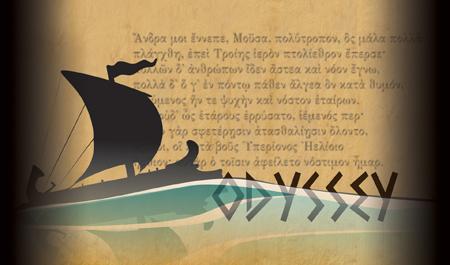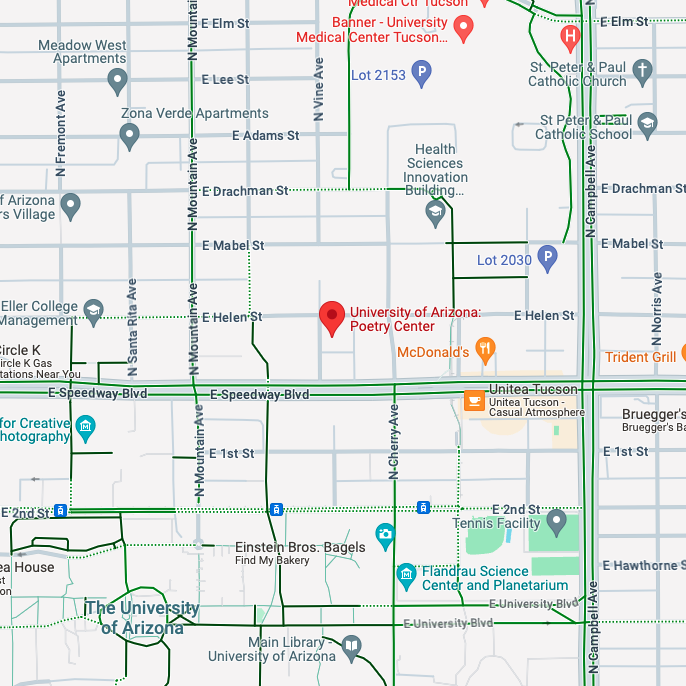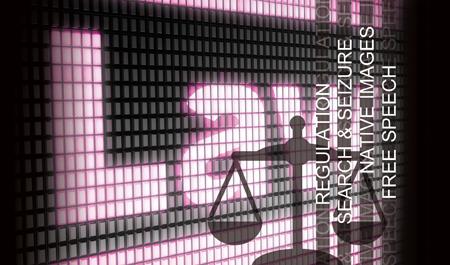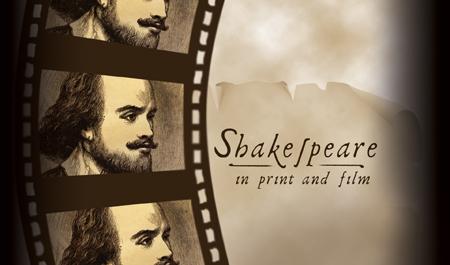The Odyssey gives us an adventure story of a Greek hero returning to his home in Ithaca after the Trojan War. This could be a straightforward journey lasting three or four days at most. But in the Odyssey the journey is expanded into a narrative of 24 books (= ancient rolls) and over a time period of ten years. Home-coming is made into an epic theme. The epic dimensions of this journey allow the poets to incorporate a variety of folktales of heroic encounters with nymphs of divine beauty and monsters such as only an epic hero could hope to conquer.
For the Greeks, the poem achieved a universality through its articulation best expressing the Greek ethos. But as the poem was transmitted into Europe its universality came to seem a sublime expression of the human experience, transcending geographical, historical or political boundaries. Science and technology have constructed for us a very different worldview than that of the Odyssey but so graphic is the Homeric imagination that the poem is as inspirational today as when it was first recorded, with an appeal to people of all cultures and ages. It can perhaps be called the most universal poem in the world even after almost three thousand years since it was first written.
This four-week seminar will explore the historical, political, mythical and psychological aspects of this poem. The first lecture will concentrate on the history and archaeology relevant to the poem. These include both material conditions of Bronze Age and Archaic Greek culture and the poetic conditions determining the form of the poem. The lecture will address the poetic and imaginative values that inform the cosmology of the Odyssey—the nature of the gods, the relations between gods and humans, the idea of the human being, the enigmas and mysteries of human life lived out in a terrifying but hypnotically beautiful world.
The following three lectures will be given to a reading of the poem in English translation, with emphasis on certain books of the poem in particular. The second lecture will focus on the pain of nostalgia, the primary emotion of the poem. The third lecture will focus on the mythological meanings in the adventures of Odysseus, as a journey into the unconscious, concentrating on the Cyclops, the Underworld, Circe, Calypso, Nausicaa, and also including Helen, who is an Underworld figure in her own way. The last lecture will focus on theme of recognition, especially the recognition between Odysseus and Penelope.






